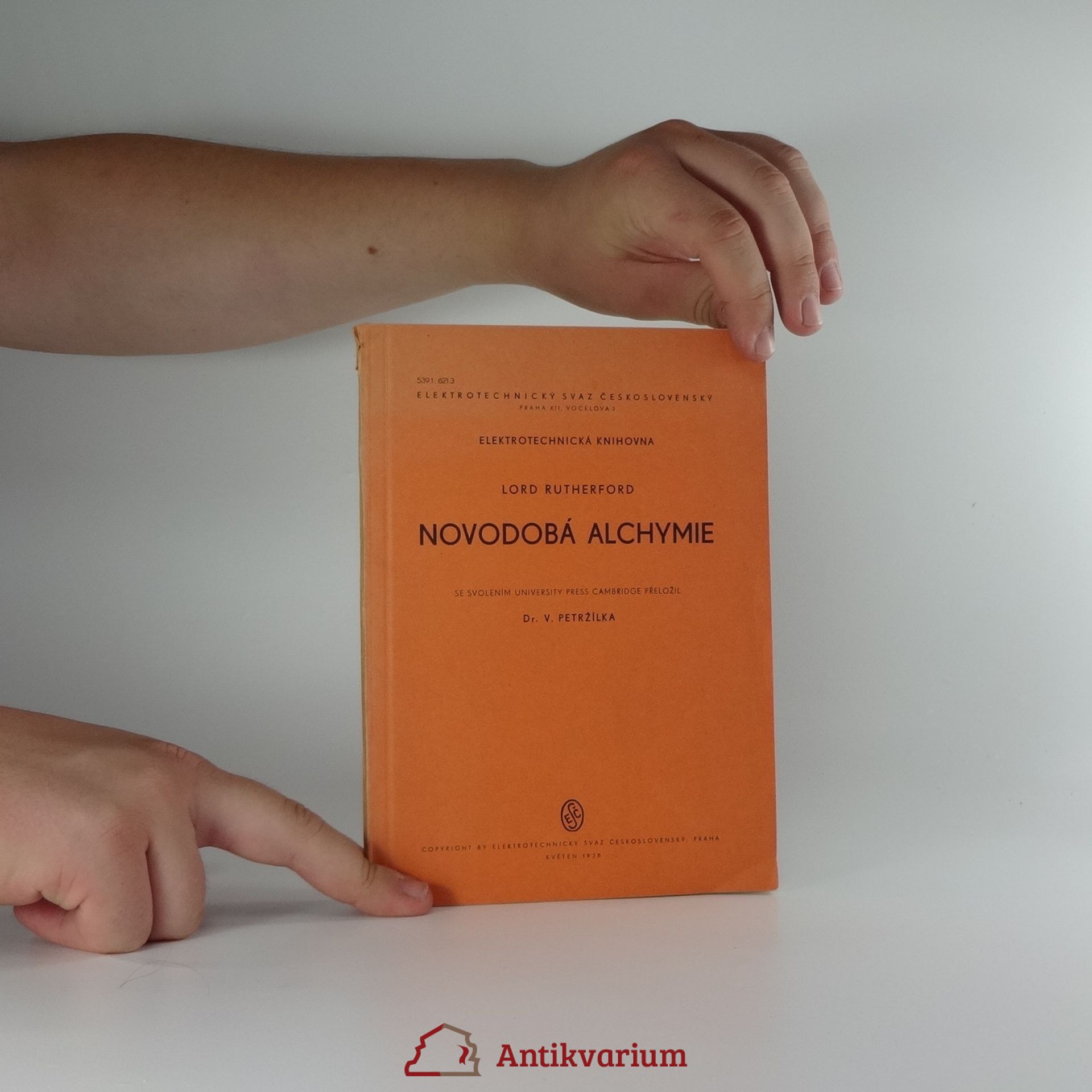Ernest Rutherford Books
Ernest Rutherford, the father of nuclear physics, was a pioneer in understanding the atom. His experiments revealed the concept of radioactive half-life and proved the transmutation of elements, earning him a Nobel Prize. Rutherford first proposed an atomic model featuring a small, dense nucleus and successfully "split" the atom, discovering the proton. His work laid the foundation for modern nuclear physics, and his legacy endures through named scientific discoveries and institutions.

